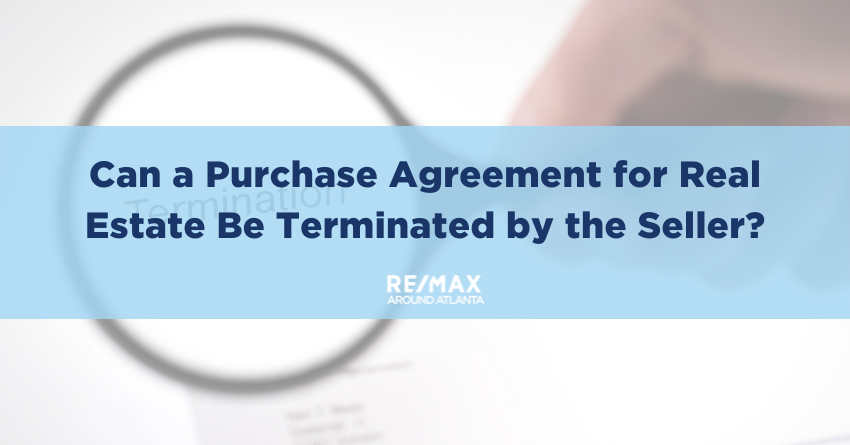|
Buyers can terminate real estate contracts under certain conditions, including the failure of any contingencies, and get their earnest money back. Sellers, however, have fewer opportunities to cancel. The Seller has agreed to the price and agreed to the terms and contingencies. If the Buyer fulfills their obligations, terminating the Purchase Agreement becomes very difficult for a Seller. Why would a Seller want to terminate? For a variety of reasons.A better offer may come in, a seller may have emotional remorse, the seller may not have secured a replacement home, the appraisal may be low, a transfer may fall apart or there may be a life change. These are all good reasons for a Seller to want to cancel, but, legally, in most cases, the Seller cannot - without legal consequences.
There are a few strategies that may allow a legal cancellation by the Seller.
Cancellation Comes With Risk.Without a legal reason or an agreement to cancel, a Seller can face legal and financial ramifications. Buyer Rights: The GAR Purchase Agreement allows the Buyer to either seek the specific performance of this Agreement or terminate this Agreement, in which case all earnest money deposits and other payments Buyer has paid towards the purchase of the Property shall be returned to Buyer. Specific Performance as a remedy for the Buyer is not an easy path. An attorney must be hired, a demand must be made and then the case is filed in Superior Court. The case probably won’t be expedited and could drag on for months or even years. Buyers can win if they go the distance, but time and money can be huge obstacles in a residential suit. (Commercial suits for specific performance may be worth the time and money.) Of course, just making the Demand for Specific Performance and filing the suit is not a bad strategy. The pressure of a suit, an inability to sell to anyone else during the case (lis pendens) and attorney’s fees can make a Seller change their mind. Broker Rights: The GAR Purchase Agreement includes Broker rights if the Agreement is terminated or fails to close due to the default of a party. The defaulting party can be required to pay as liquidated damages to every broker involved in this Agreement the commission the broker would have received had the transaction closed.
0 Comments
Leave a Reply. |
RMAAReal Estate News, Brokers Blog & More Categories
All
Archives
July 2024
|


 RSS Feed
RSS Feed